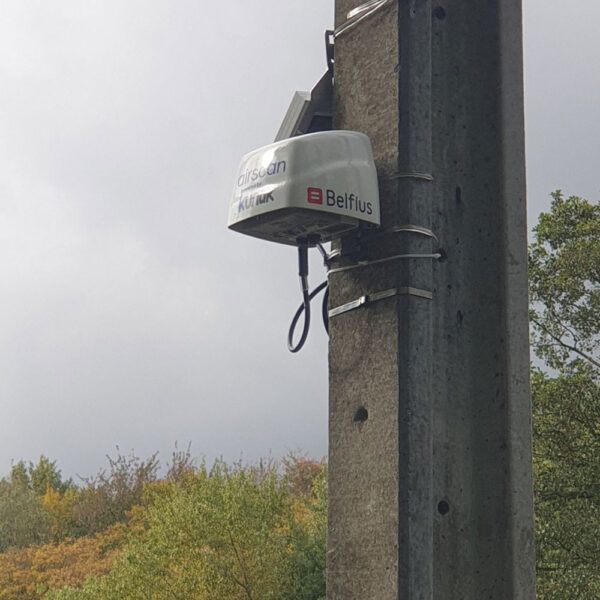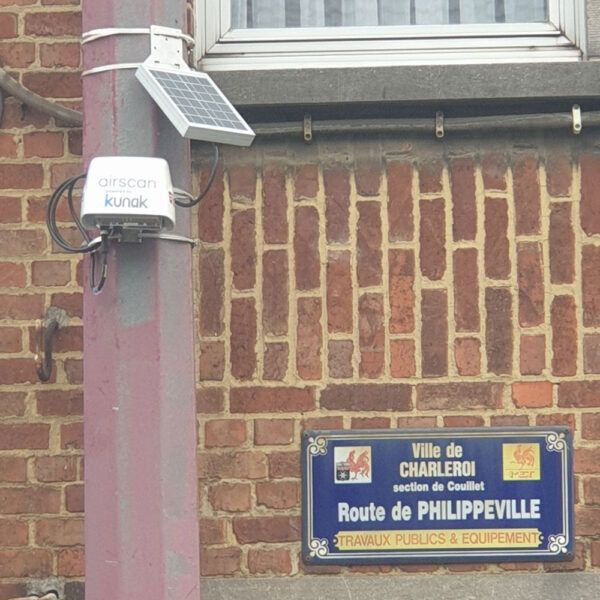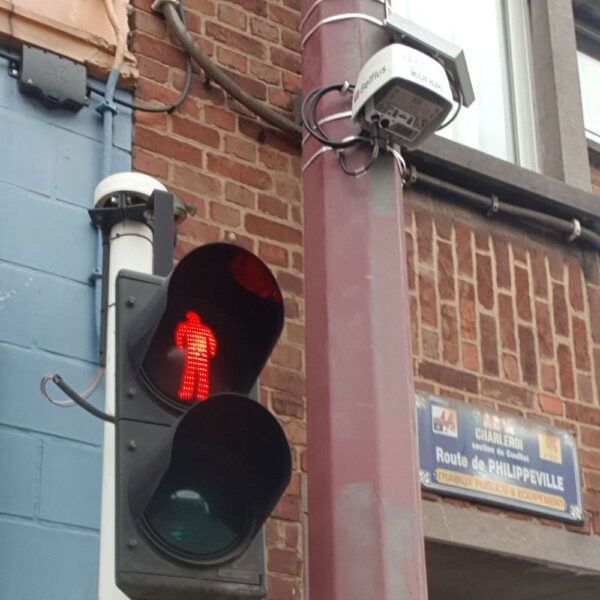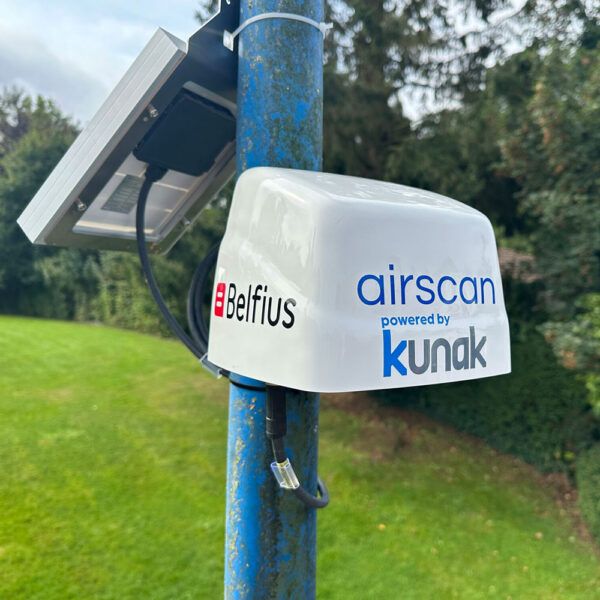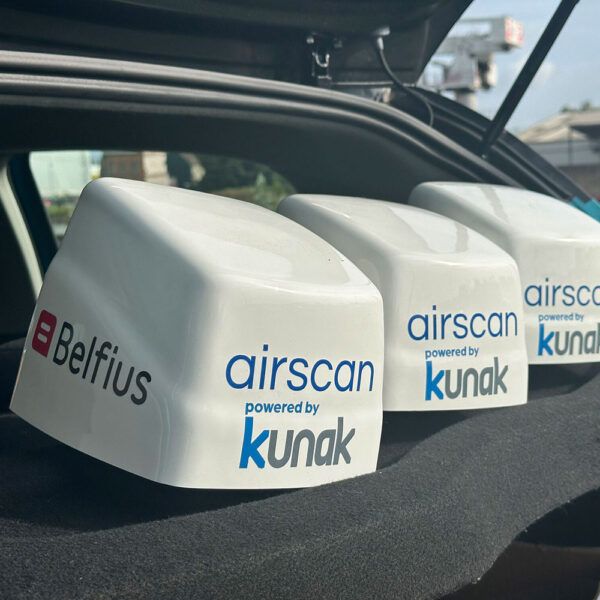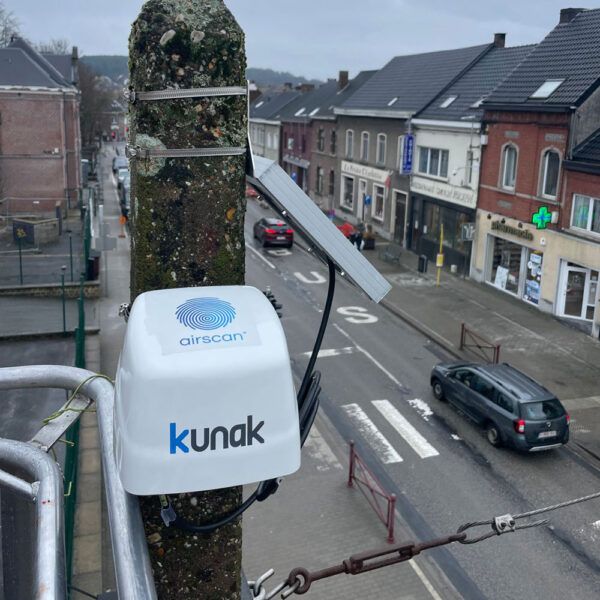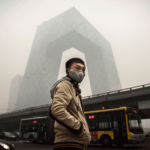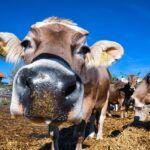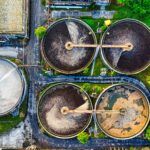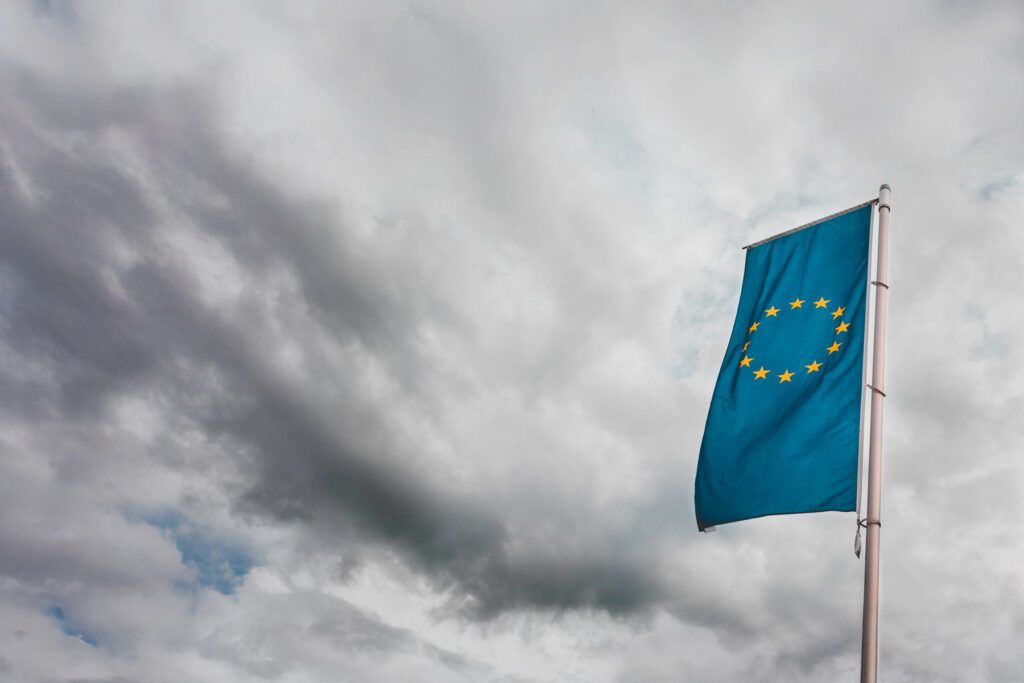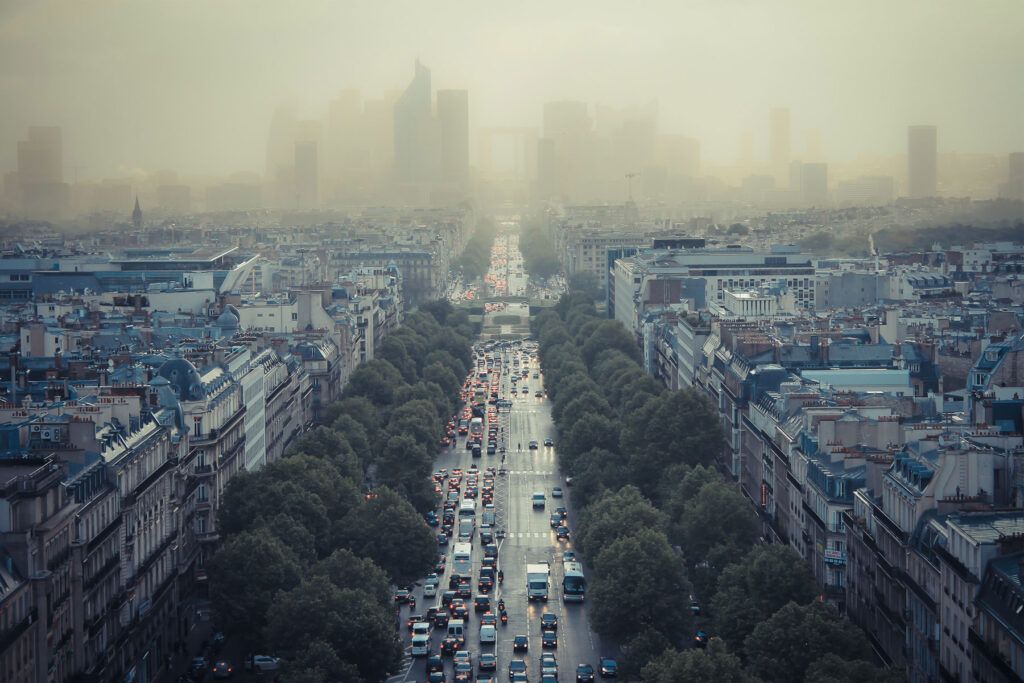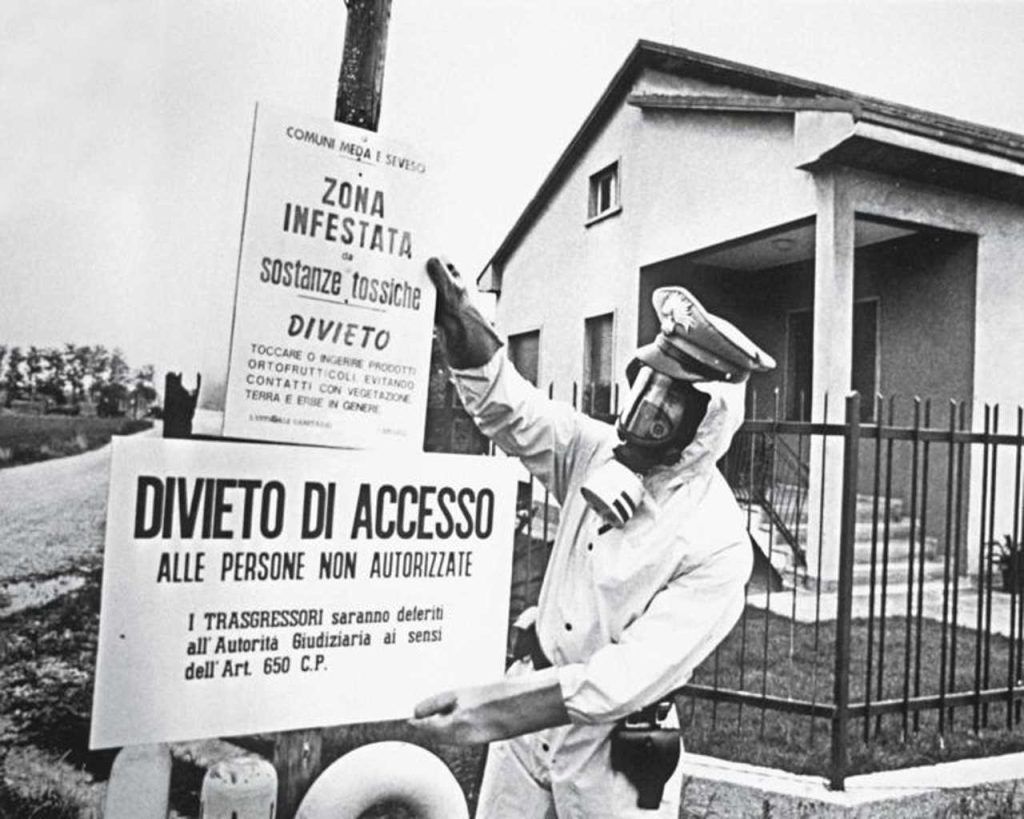It is evident that among all environmental risk factors faced by citizens in developed countries, exposure to air pollution has the greatest impact on health, with airborne particulate matter (PM2.5) being the main risk factor for people.
According to a study conducted in six European countries, air pollution contributes to the annual increase in diseases such as asthma, reduced lung development, and rising allergies in children, as well as a higher risk of mortality and coronary disease, with an increase of 3% to 7% in the population:
Poor air qualityAir quality refers to the state of the air we breathe and its composition in terms of pollutants present in the atmosphere. It is considered good when poll...
Read more should be seen as an opportunity to drive and accelerate change processes. These must align with basic human rights, such as the right to a healthy environment that promotes sustainability and helps mitigate climate change.
If something can effectively mitigate climate change, it is new technologies.
Measures to be included in public policies to protect population health through the efficient reduction of atmospheric pollution causes, as well as allocating adequate resources to achieve this, have reached Belgium through the Pure Cities project.
Air Quality Innovation in Just 1 Click
Stay informed about the air you breathe!
Subscribe to our newsletter to receive the latest updates on environmental monitoring technology, air quality studies, and more.
Pure Cities project is a pioneering initiative by environmental experts of Airscan.org.
“By providing cities with technological, human and financial resources, the Pure Cities project aims to make cities healthier, more sustainable and smarter.”
Marie Godard, project manager of Pure Cities.
What is a Pure City?
A Pure City is a city that focuses on sustainability, energy efficiency, and improving its inhabitants’ quality of life through advanced technologies and innovative solutions. A key feature of Pure Cities is their active commitment to monitoring, regulating, and improving urban air quality to ensure a healthy and sustainable environment for their residents.
This is a transparency initiative that has finally received the deserved recognition in Belgium regarding the adverse effects of air pollution on people worldwide. It was achieved thanks to the technical study carried out by Airscan, along with Belfius, who funded the initiative. Their research highlights the direct relationship between air pollution and population health.
For 3 years Airscan measured and analysed air pollution and its fluctuations in more than 30 belgian cities (including Brussels, Antwerp, Ghent, and Charleroi) using monitoring stations.
The data obtained and analysed through direct and real-time measurement of certain harmful pollutants were decisive and verifiable. With this evidence, they managed to convince the Belgian government to transform these cities into Pure Cities, thereby improving air quality, creating a more sustainable living environment, and meeting the limits defined by the WHO.
They are now cities committed to international guidelines, such as those set by the WHO, UN, and EU. They rely on advanced technology to diagnose and reduce levels of the most harmful atmospheric pollutants:
- Particulate Matter PM2.5
- Nitrogen Dioxide (NO2)Nitrogen dioxide (NO2) is a harmful gas whose presence in the atmosphere is mainly due to the use of fossil fuels in combustion vehicles and industrial act...
Read more
A Pure City represents the future of urbanisation, where technology and sustainability combine to create resilient, efficient, and enjoyable cities for living, thanks to their sustainability strategies.
What does the Pure Cities project involve?
Pure Cities in Belgium is based on installing sensors to detect parameters that alter air quality in the 50 cities currently participating in the project. The monitoring stations transmit the information to an IoT platform for air quality analysis. This process facilitates the processing and real-time analysis of data.
The information is accessible on mobile devices and web portals, enabling local authorities to monitor and adjust their air quality policies based on informed decisions. It also allows for a swift response in risky situations.
Citizens also play a part, as they can access this data via public screens installed throughout the city and mobile devices, keeping them informed in real time. They can report specific issues (such as odours) or follow recommendations to take immediate actions, like cycling or avoiding outdoor physical activities during high-risk periods.
Cities participating in the Pure Cities project:
| Woluwe-Saint-Pierre | Harelbeke | Bilzen |
| Wanze | Ham | Wervik |
| Lommel | Pelt | Watermael-Boisfort |
| Halle | Oostrozebeke | Diepenbeek |
| Wielsbeke | Antoing | Braine le Château |
| Ghent | Eghezée | Tournai |
| Ruiselede | Oostrozebeke | Menin |
| Wanze | Diepenbeek | Auderghem |
| Bilzen | Wielsbeke | Zwevegem |
| Harelbeke | Antoing | Avelgem |
| Pelt | Braine-le-Château | Gerpinnes |
| Wervik | Gand | Deerlijk |
| Watermael-Boitsfort | Éghezée | Bertrix |
| Lommel | Tournai | Colfontaine |
| Woluwe-Saint-Pierre | Grimbergen | Beveren |
| Ham | Charleroi | Chaumont-Gistoux |
| Hal | Jabbeke |
If you are interested in adding your city to the list, apply here.
Airscan, in collaboration with Kunak Technologies, has developed a network of measurement stations tailored to the specific environmental needs of each city. These stations monitor PM2.5 and NO2.
This advanced detection and control system enables municipalities in Belgium to adjust their urban intervention strategies based on precise data that complies with EU standards and WHO recommendations, ensuring the health of city inhabitants.
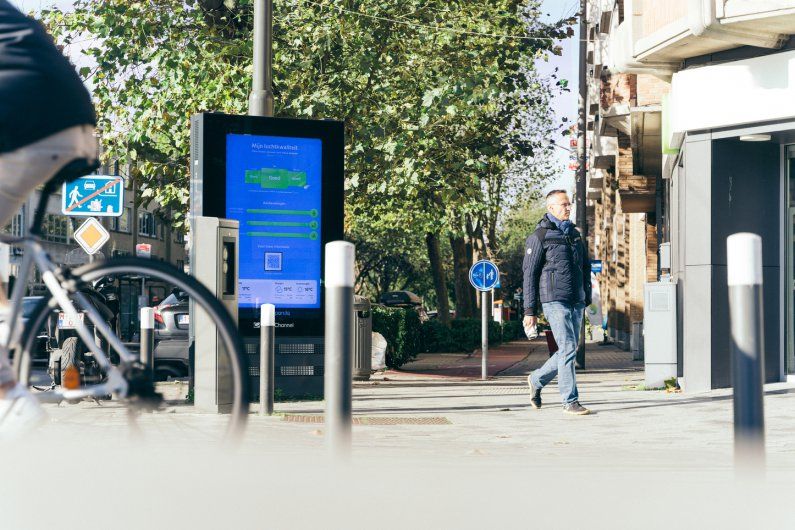
Main objectives of the Pure Cities project
- Decarbonisation: Reducing carbon emissions by integrating renewable energies and improving energy efficiency in buildings and transport.
- Sustainable mobility: Promoting the use of electric vehicles and other sustainable transport methods.
- Smart infrastructures: Implementing intelligent management systems to optimise resource use and improve urban services.
- Air quality improvement: Taking measures to reduce air pollution and enhance public health.
Importance and regulation of Pure Cities
Controlling air quality is essential to protect people’s right to breathe clean air, regardless of their social or economic status or place of residence.
The core need of the Pure Cities project is to ensure optimal air quality to prevent public health issues, particularly in dense urban areas. Achieving this requires advanced monitoring tools that provide accurate and continuous data, enabling local authorities to make well-informed decisions.
The Pure Cities initiative contributes to environmental justice, reducing the social and economic costs associated with health deterioration caused by air pollution.
This approach places Pure Cities at the forefront of urban sustainability and public health while also combating climate change.
What are the benefits of being a Pure City?
The benefits that the Pure Cities project is bringing to the Belgian cities already participating in the initiative include:
- Reducing the impact on public health by lowering exposure to harmful pollutants.
- Optimising environmental policies with reliable data that supports informed and effective decision-making.
- Improving the reputation of participating cities by promoting a sustainable and healthy urban environment.
- Strengthening urban environmental management with immediate adjustments to local policies.
- Implementing initiatives to encourage the use of sustainable transport.
- Reducing industrial emissions that degrade air quality.
- Reinforcing government environmental policies strictly to comply with EU directives.
- Increasing Belgium’s governmental transparency on environmental management.
- Positioning Belgium as a leader in sustainability.
- Establishing Belgium as a Pure Cities model replicable in other cities and countries.

Case study: Charleroi
- 12 Kunak AIR sensors have been installed to analyze outdoor air quality.
- These sensors collect valuable data over a one-year period.
- They measure dust particles (PM1, PM2.5, PM10) and nitrogen dioxide (NO2).
By analyzing the collected data, the city of Charleroi will have:
- A clear and precise diagnosis of air pollution.
- A concrete and tailored action plan to support the city in its transition to cleaner air.
Air quality in Belgium and the Pure Cities
In Belgium, air quality is a priority due to its implications for health and the environment. Cities like Brussels, Antwerp, and Liège are particularly exposed to pollution because of their traffic density and industrial activities. While air quality in these areas has improved through regulations and continuous monitoring, challenges remain due to their high population density and economic activity.
The main sources of air pollution in Belgium include:
- Heating: an important part of the residential heating is still fueled oil, gaz and wood that generate PM emissions.
- Transport: The transport sector is one of the primary sources of NO2 and fine particles in Belgian cities, with emissions from vehicles particularly affecting urban areas with heavy traffic.
- Heavy industries: These industries produce large quantities of suspended particles and VOCs, increasing pollution risks, particularly for those living near such facilities.
The future of Pure Cities
Pure Cities are emerging as a model for sustainable development. These cities aim to expand their monitoring efforts and integrate new technologies to effectively measure and monitor emerging pollutants, foresee risks, and mitigate their impact. They are becoming a reference for the transition to smart, resilient, and health-oriented urbanism.
Many cities lack reliable air quality data due to budget constraints, insufficient expertise, and a lack of technology. However, as sensors become increasingly affordable and almost any environmental parameter can be measured, there is a remarkable capacity for air quality monitoringControlling air quality is an essential task in order to enjoy optimal environmental conditions for healthy human development and to keep the environment i...
Read more. Advances in technology have enabled distributed intelligence, allowing cities to take impactful action towards sustainable development.
The next steps for the Pure Cities project, which aims to map and improve air quality in Belgian cities, include expanding the monitoring system to other regions and cities. The initiative also seeks to strengthen collaboration with the scientific community and promote stricter policies against air pollution sources. The ultimate goal is for Belgium’s Pure Cities to serve as a globally replicable model.
In summary, Pure Cities are a successful example of how the combination of technology and urban environmental regulation can improve the quality of life in cities. The collaboration between Airscan and Kunak Technologies in Belgium demonstrates that it is possible to create sustainable and healthy urban environments. This fosters the health of citizens and strengthens cities, making them more resilient to achieve a better environment for societal living.
Want your citizens to breathe clean air?
If you want the area of your city where you live to offer clean air, making it a sustainable urban space, download our assessment kit to identify ways to improve your environment:
Conclusion
The Pure Cities project is just the beginning of a journey toward healthier and more sustainable cities. However, it cannot be the sole action to make cities more liveable. Ensuring clean air, free from invisible threats to our health and our families, is a duty that cannot be postponed. Authorities must embrace their role in protecting the environment by implementing firm policies and making bold decisions.
We are not just risking our present well-being; the lives of future generations are at stake. Taking action is an unavoidable necessity, as without clean air, there is no health, no justice, and no future.






